FileTurkey bird J2.JPG Wikimedia Commons
Avoid Rubbery Turkey: Tips for Perfectly Cooked Poultry • Perfect Turkey Tips • Learn how to prevent rubbery turkey by avoiding overcooking, using a meat the.
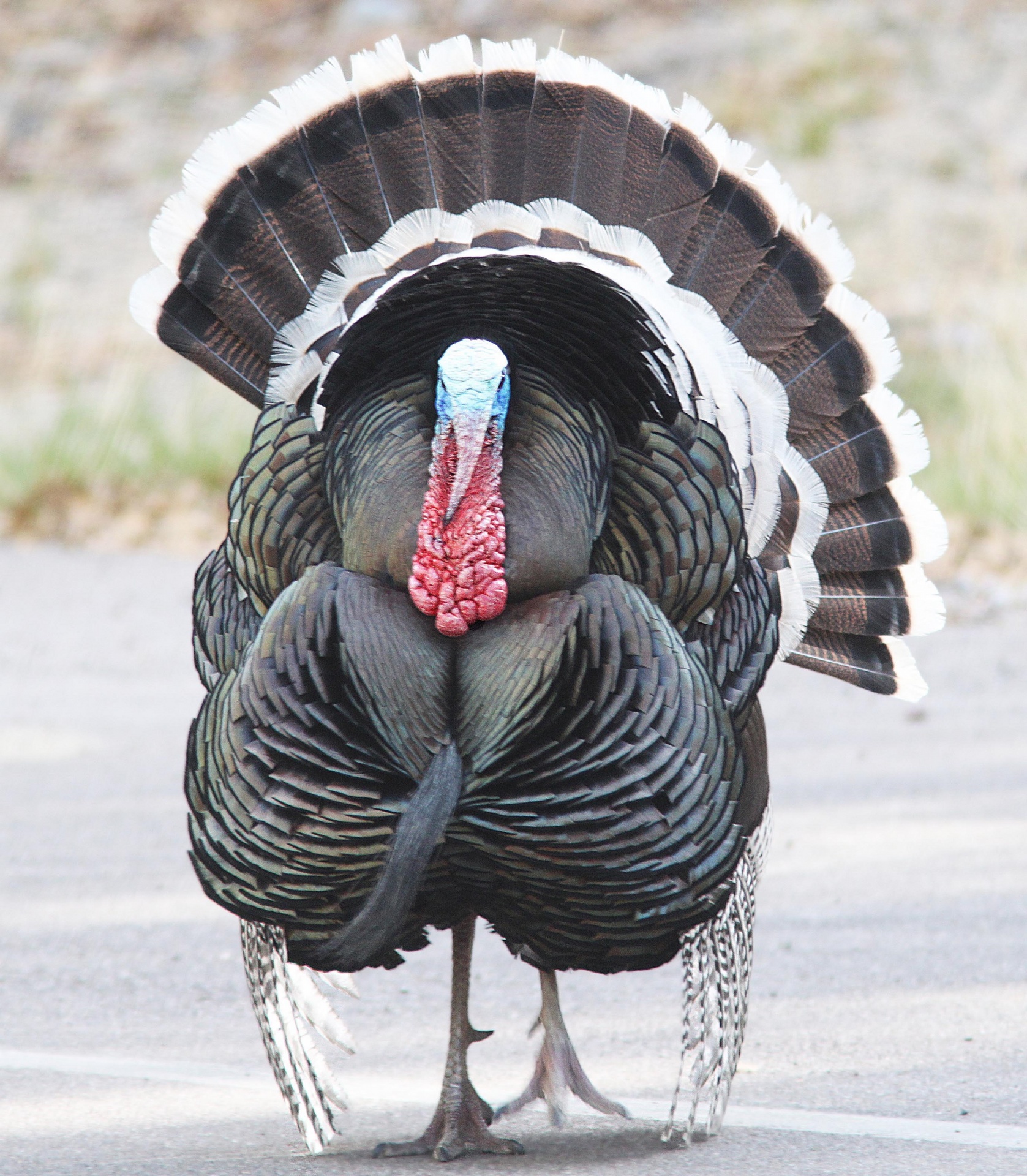
Wild Turkey Free Stock Photo Public Domain Pictures
The only effective way to thaw a turkey is by submerging it in cold water. Only cold water will keep bacteria from growing out of control. Now by cold, we mean 40 F/5 C. Any warmer and bacteria will grow. Plan on 30 minutes per pound—in short: if you need to get a 22-pound turkey defrosted, you won't be eating it until tomorrow.
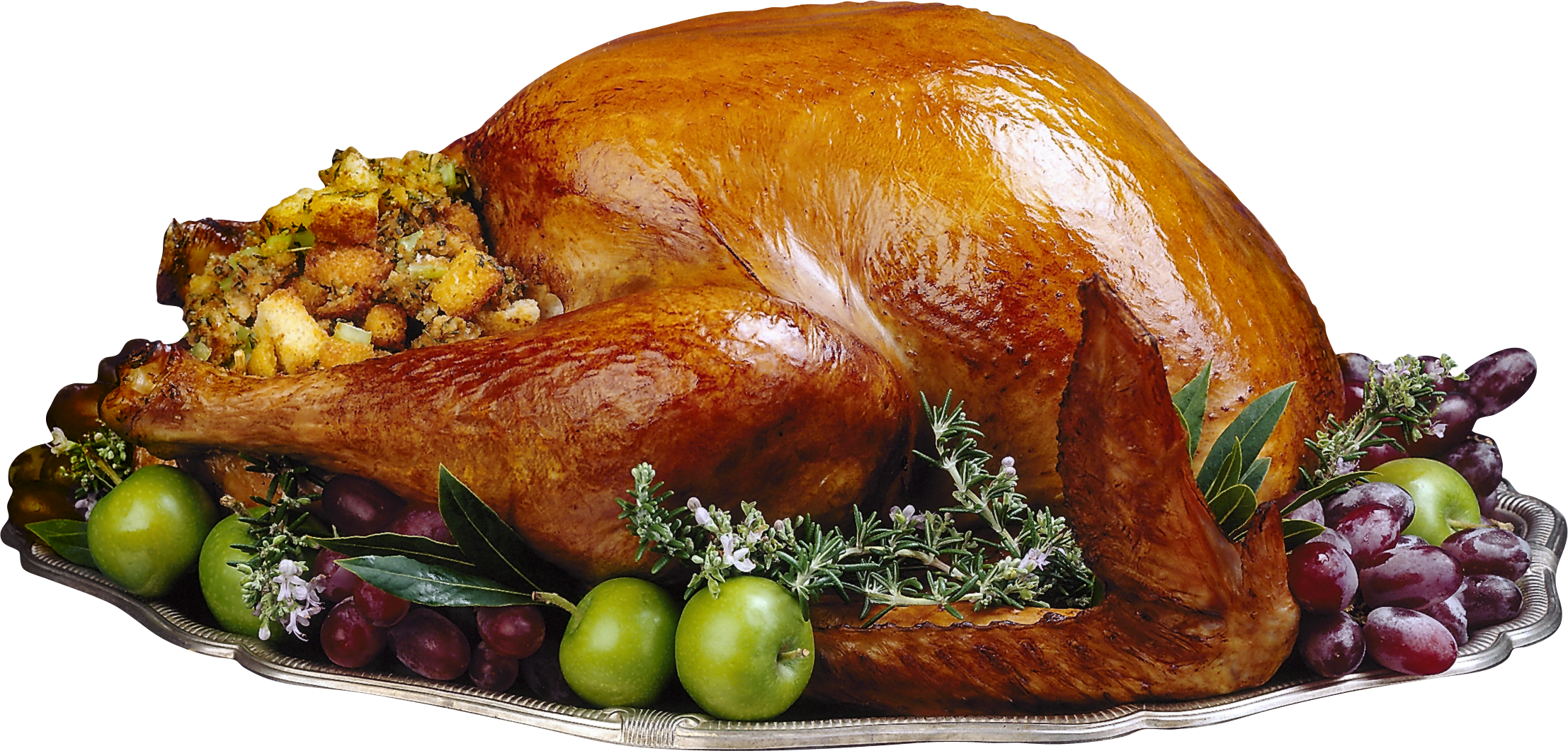
Cooked Turkey Png Clip Art Library
One reason that your turkey may be rubbery is that the meat was overcooked. Turkey meat should be cooked to an internal temperature of 165 degrees Fahrenheit to ensure that it is safe to eat. If the meat is cooked to a higher temperature, it can become tough and rubbery. Another reason that your turkey may be rubbery is that the meat was not.
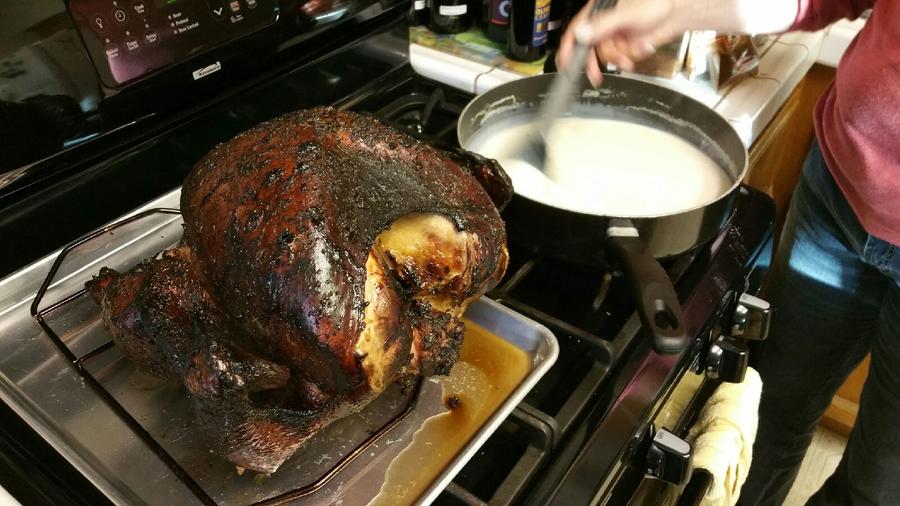
Smoked Turkey Rubbery Skin Smoking Meat Forums The Best Smoking
When it gets to 145 degrees, remove it from the smoker and transfer it to a roasting pan. Preheat your oven to 325 degrees. Place the almost-cooked turkey in the oven, then raise the oven temperature to 400. Leave the turkey in the oven until the internal temperature reaches 160 degrees.

Turkey Day 20 Prospect
1. Cook Turkey Between 275°F - 325°F. The best temperature to cook a turkey is between 275°- 325°F. Cooking at a lower temperature is the main reason turkey skin will become soft and rubbery. Cooking at a higher temperature will help render some fat from the turkey skin into the meat and make the remaining skin crispy.
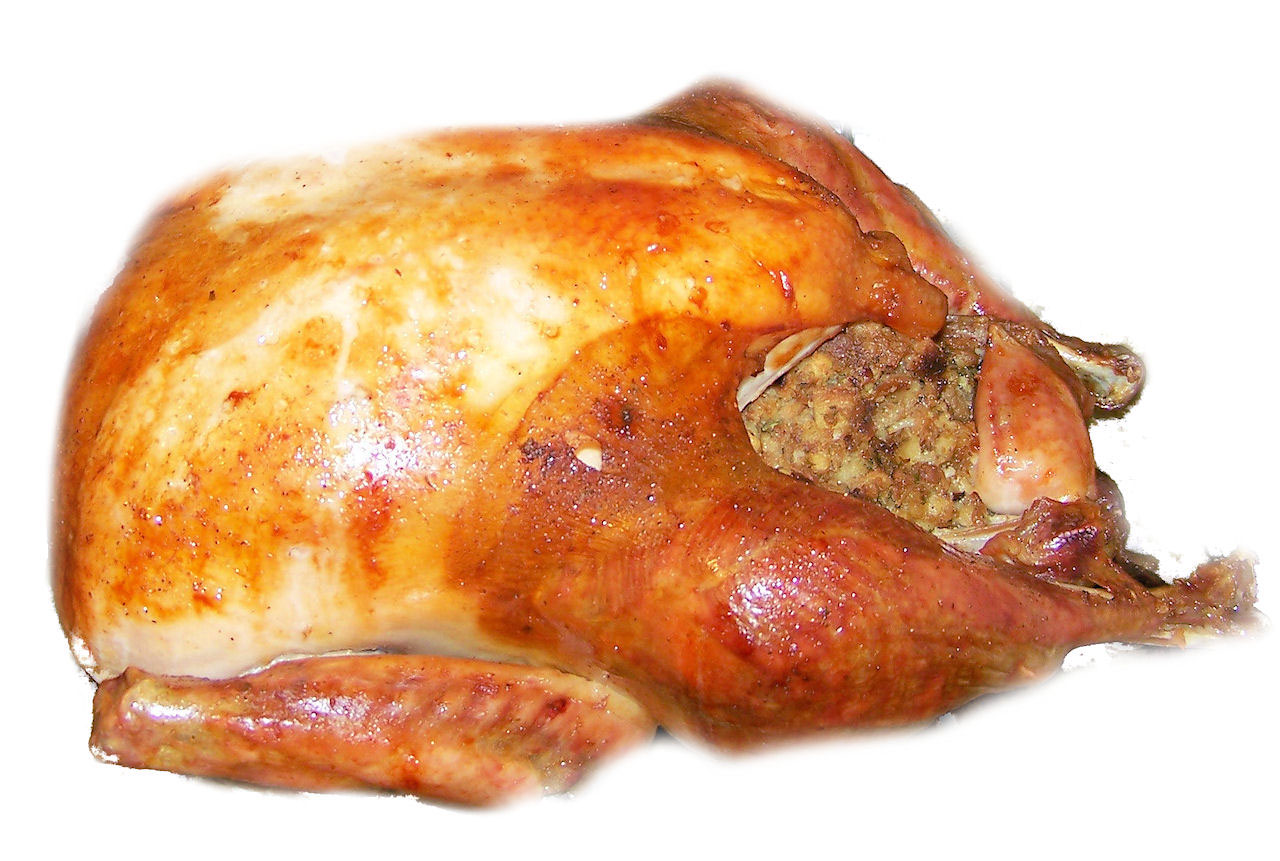
Stuffed Turkey Free Stock Photo Public Domain Pictures
Quick Tips and Facts: 1. Turkey breast can become rubbery if it is overcooked, as the proteins in the meat contract and become tough. 2. One way to prevent rubbery turkey breast is to brine it before cooking. The saltwater solution helps the meat retain moisture, resulting in a more tender and flavorful turkey breast. 3.
16 pound spatchcock turkey with bourbon glaze smoked with cherry wood
More than 35,000 pounds of Johnsonville turkey kielbasa sausage was recalled because the meat may be contaminated with pieces of rubber, the U.S. Department of Agriculture (USDA) announced March 7. The problem was discovered after complaints from consumers. There have not been reports of injury from eating the sausages.

Why Is My Smoked Turkey Rubbery? (9 Things to Avoid) Meat Smoking HQ
Jerify Thanksgiving Rubber Ducks 2 Inch Fall Rubber Duck with Turkey Leaf Pumpkin Nut Patterns Small Ducks Bathtub Bathing Toy for Holiday Autumn Table Centerpiece Party Supplies, 4 Styles (24 Pcs) 7. $1699. Typical: $22.99. FREE delivery Mon, Jan 8 on $35 of items shipped by Amazon. Or fastest delivery Fri, Jan 5. Ages: 6 - 6 years.

Smoked Turkey Rubbery Skin Smoking Meat Forums The Best Smoking
Reviving a Rubbery Turkey: Step-by-Step Guide 1. Low and Slow Reheating. If your turkey is already cooked and rubbery, gently reheat it at a low temperature. This method can help relax the meat fibers, making the turkey more tender. Reheating Techniques: For detailed instructions on low and slow reheating, explore this guide on reheating turkey. 2.
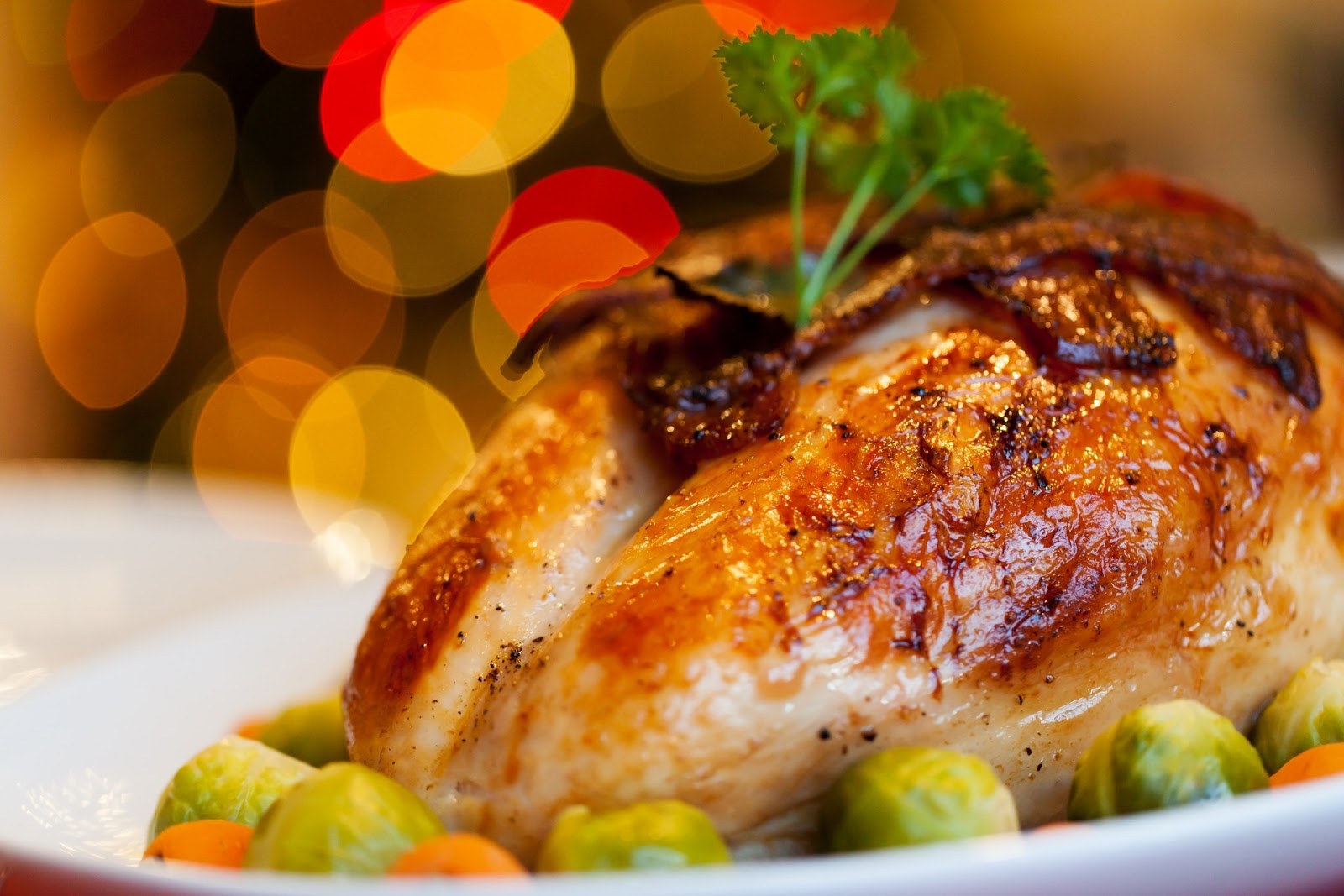
The 4.11 Turkey (15 lbs) Penny Pincher Journal
Turkey Silhouette Rubber Stamp Stampabilities Rubber Stamp Decorative Wood Mount Rubber Stamp NOS Card Making, Paper Craft. (1.8k) $4.00. update wood -handle ! Personalized eggs Stamps, -fresh egg stamp-Eggs Carton Stamp -Chicken Fresh Eggs -duck -turkey stampl- Pre-inked Stamp. (6.6k) $13.17. $14.80 (11% off)

FileTurkey bird J1.jpg
Brining the turkey (may cause soft, rubbery skin) Helps retain moisture, but drying the turkey uncovered in the refrigerator and increasing cooking temperature can prevent soft skin. Basting the turkey with butter and oil. Helps keep meat moist, but softens the skin. Using a meat thermometer.

Tried the cheese tortellini for the 1st time today. Anyone have an
Here are three methods for hiding dry turkey meat: Ladle warm broth over the platter of sliced turkey to make it look—and taste—moist. But don't overdo it. You don't want your turkey to drown.

Quick fixes for dry turkey, rubbery crackling, soggy spuds and other
Pour chicken broth on top and cover with heavy foil to keep the meat from drying. Put the turkey pieces in the oven. After every 15 minutes, check the internal temperature until it reaches 165°F (74°C). Pierce with a fork in the thickest parts to see if the juices run clear. Slice and serve.
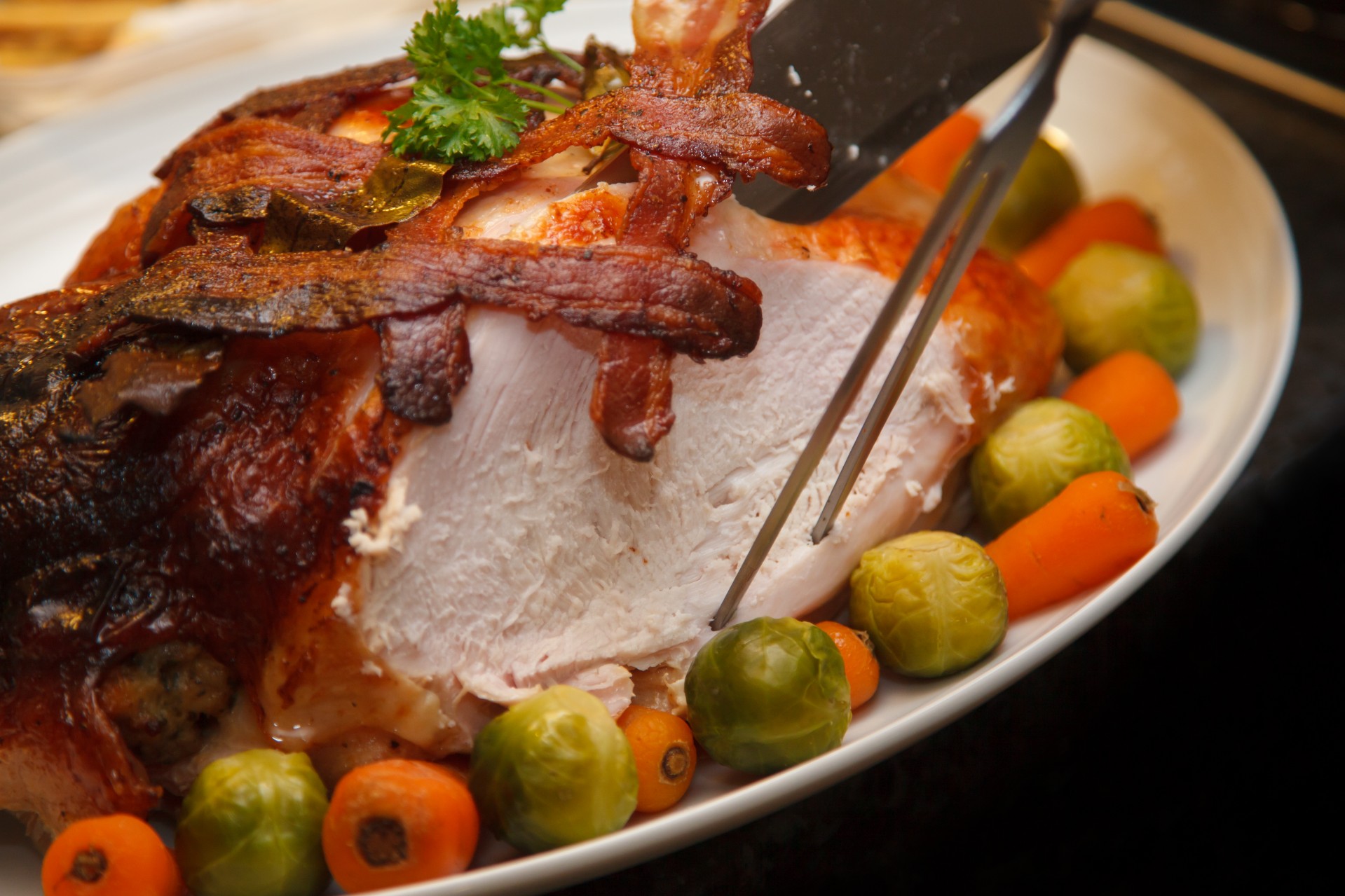
Turkey Carving Free Stock Photo Public Domain Pictures
Pre-heat smoker to 225°F. Remove giblets from inside of turkey and rinse bird with fresh water. Brine chicken for 4-24 hours in a wet brine or simply rinse with fresh water. Add brine ingredients in a large pot and bring to a boil to dissolve salt & sugar.

Delicious Smoked Turkey Wings; WITHOUT Rubbery Skin! Here’s The Secret
Smoke your turkey at higher temperatures between 275-325F. Use a salty rub, or add baking powder to the mix to really dry out and crispen that skin up. Consider spatchcocking your turkey. Maximizing that surface area helps for crispier skin without sacrificing flavor or tenderness.

New math book is ALL about Oklahoma
The turkey was rubbery because it was previously frozen. 2. You overcooked the turkey. Overcooking is a common reason for tough turkey. The most common culprit isbabies born before 37 weeks, but cooking can also make turkey difficult to chew if it's cooked for too long or at too high a temperature.